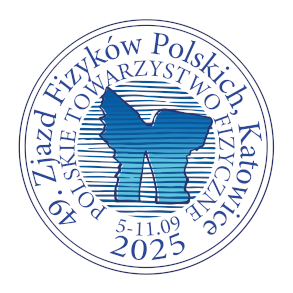Speaker
Description
Bell nonlocality—the existence of correlations that cannot be reproduced by means of local hidden variable models—is one of the most distinctive features of quantum theory. Indeed, the pioneering experiments to verify the existence of this phenomenon were awarded a Nobel Prize in Physics in 2022. What is more, beyond its fundamental interest, Bell nonlocality has been recognized as a valuable resource for various applications within device-independent quantum information processing, where observers process information without placing trust into the devices themselves. One of such applications that has recently gained substantial interest, driven by the recent rapid development of new quantum technologies, is the device-independent certification of entangled quantum states and the measurements performed on them, commontly referred to as self-testing. In this talk I will present our recent results [1,2] exploiting Bell nonlocality to design self-testing schemes for arbitrary quantum states and measurements. Our results are formulated within the framework of quantum networks in which many observers share correlations, possibly quantum, which are distributed by multiple of sources. The key ingredient of our method is the construction of a family of Bell inequalities that enable the self-testing of a tomographically complete set of measurements performed by an arbitrary number of observers, as well as an arbitrary number of maximally entangled pair of particles shared among them.
References:
[1] S. Sarkar, C. Datta, S. Halder, R. Augusiak, Self-testing composite measurements and bound entangled state in a single quantum network, Phys. Rev. Lett. 134, 190203 (2025).
[2] S. Sarkar, A. C. Orthey, Jr., R. Augusiak, A universal scheme to self-test any quantum state and extremal measurement, arXiv:2312.04405.

